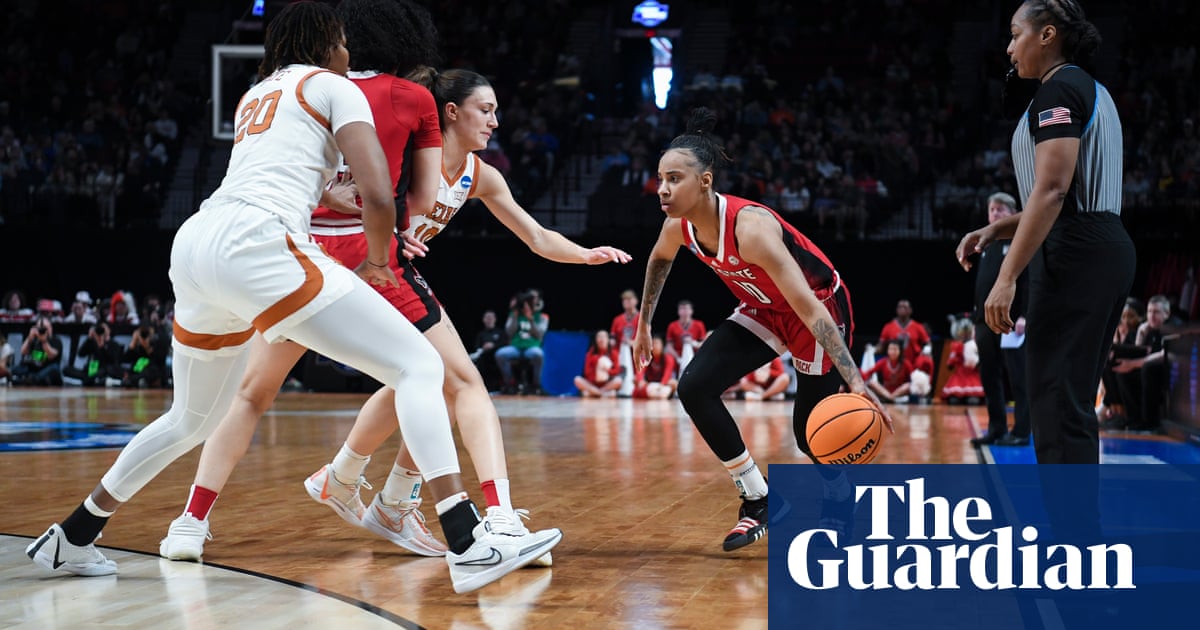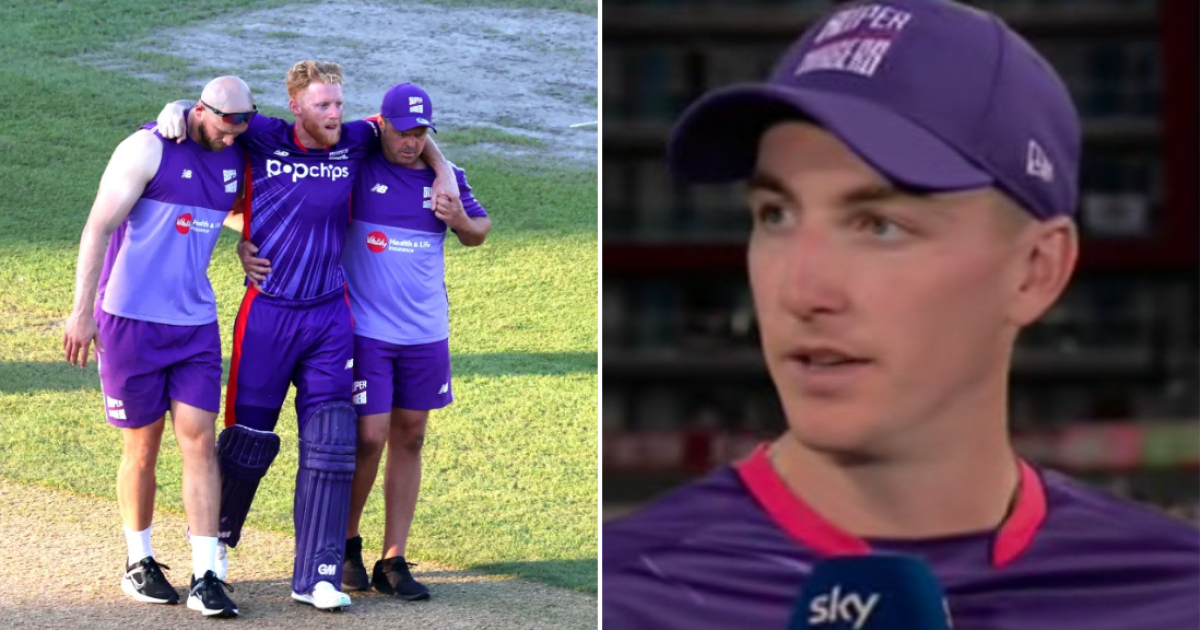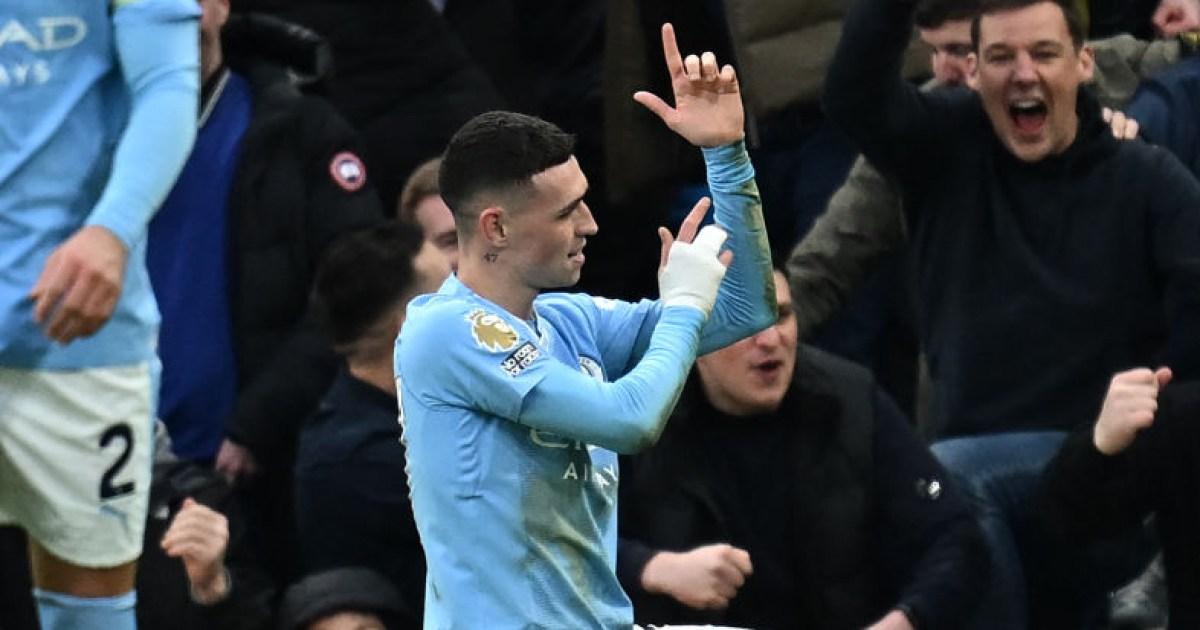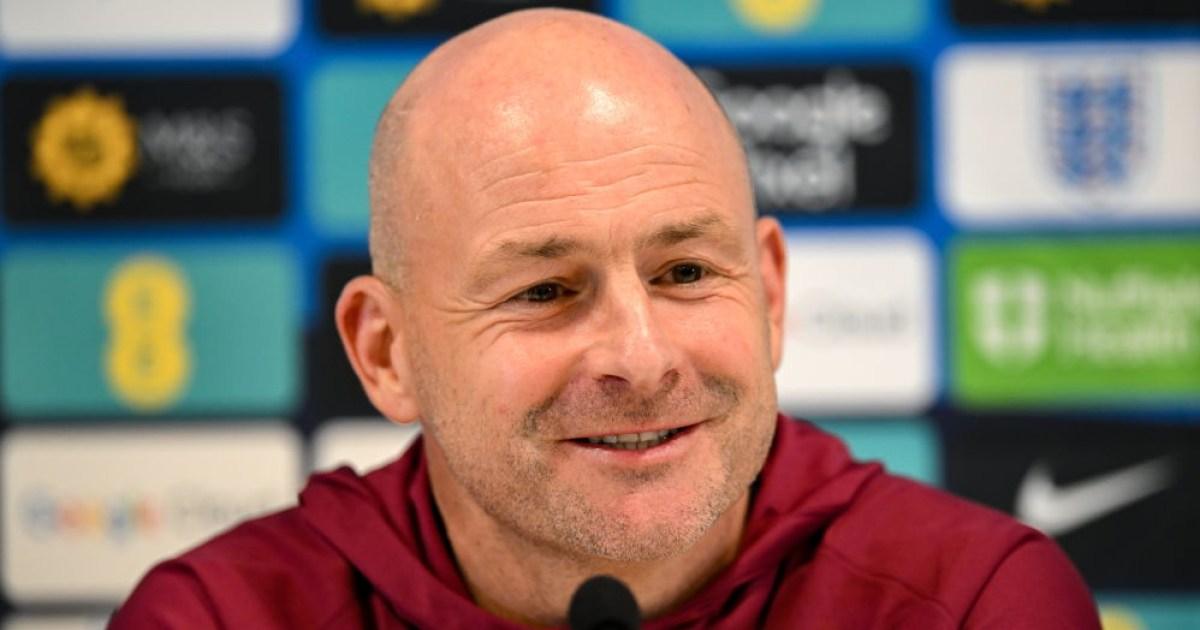The NCAA said on Monday one of the three-point lines on the court used for the women’s basketball regionals at Moda Center in Portland, Oregon, was about nine inches short of regulation at its apex, a mistake by the contractor that makes the courts used throughout March Madness.
The line was corrected, the NCAA said. UConn and USC were scheduled to play the last Elite Eight game to determine next week’s Final Four later on Monday on the court.
The three-point lines are different on each side of the court in Portland for the Elite Eight. The NCAA measured pregame and confirmed one side is a different three-point length than the other. 🤦
NC State and Texas agreed to play through it. 🏀 #MarchMadness pic.twitter.com/UnBo13kBUi
— Awful Announcing (@awfulannouncing) March 31, 2024
The NCAA uses Connor Sports to supply and install the courts. The NCAA said the marking used to draw the line at the top of the arc was marked too short. It did not identify the contractor that made the mistake.
“For all NCAA courts, a small hole is punched in the floor at each end of the court that indicates ‘center-of-basket’ during the finishing process. A calibrated vinyl-tape device is then placed in the hole, which lays the two-inch game line to be painted,” Lynn Holzman, NCAA vice president for women’s basketball, said in an email update that went out to members.
After reviewing the Portland court, it was found that the center hole was punched about nine inches short of where it needed to be at the apex of the three-point arc.
“Connor Sports and the NCAA found the inaccurate line was the result of human error by the finisher contracted by Connor Sports,” Holzman said. “The review also found the sides of the three-point line were accurately painted, as were all other court markings.”
The discrepancy in distance was discovered on Sunday before Texas and North Carolina State played their Elite Eight game. Four games already had been been played over two days with the mismatched three-point lines.
Coaches for Texas and NC State agreed to play Sunday’s game as scheduled with one line shorter than the other rather than delay it. NC State beat Texas 76-66 to advance to the Final Four.
The NCAA three-point line is 22ft 1.75in at the top of the arc for both women and men.
“We apologize for this error and the length of time for which it went unnoticed,” Holzman said. “Simply put, this court did not meet our expectations, and the NCAA should have caught the error sooner. We will work with all of the NCAA’s suppliers and vendors to establish additional quality control measures to ensure this does not happen in future tournaments.”
Teams switch baskets that they shoot at at halftime, so for each game, each team played one half shooting from the short three-point arc.
According to the NCAA’s statistics, teams shooting from the three-point line in Portland that was nine inches short at the top over five games were 23 for 89 (25.8%). Teams shooting on the accurate line were 29 for 87 (33.3%).
“I think we shot the ball better on the other end both games, because that’s the normal line,” NC State coach Wes Moore said. “But I’m not going to blame it on that. I mean, these kids, like I said, they shoot so far behind it sometimes nowadays, who knows where the line is?”
The Wolfpack were 11 for 19 shooting threes from the correctly measured line in two games and 5 for 16 with the incorrect line.
“You know, it is an unusual situation,” Moore said. “But, like I said, I don’t know that it was an advantage or disadvantage, either way. We both played a half on each end.”
Connor Sports is a hardwood sports flooring company that provides more than a dozen NBA and WNBA teams floors for their practice venues and game arenas, according to the company’s website.
“We apologize for the error that was found and have technicians on site at the Moda Center in Portland who were instructed to make the necessary corrections immediately following [Sunday’s] game,” the company said on Sunday in a statement.
At arenas that host multiple types of basketball events, multiple courts are often used. For example, at Madison Square Garden in New York, there is a court used for Knicks games, and when the Big East Tournament is played there, the conference brings a court. That court comes premarked with logos, signage and lines drawn to college basketball dimensions.
The main difference between an NBA court and a college court is the distance between the three-point line and the basket. The NBA line is a foot farther out than the NCAA line.







